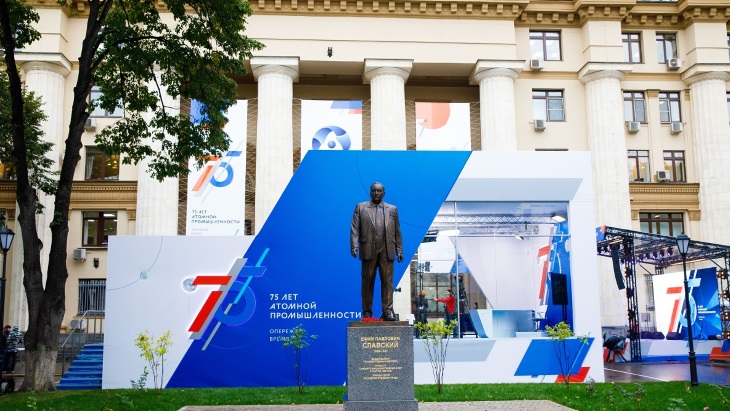The agreement was set to expire on 31 December this year, which the DOC said would have resulted in "unchecked" imports of Russian uranium, "potentially decimating" the front-end of the nuclear fuel cycle in the USA.
Secretary of Commerce Wilbur Ross said: "This landmark agreement will contribute to the revitalisation of [the] American nuclear industry, while promoting America’s long-term strategic interests. It represents yet another success for the Trump Administration’s America First approach to international trade agreements."
Prior to the amendment, the agreement allowed Russian uranium exports to meet about 20% of US enrichment demand, but now this figure will drop to an average of about 17% over the next 20 years, and will be no higher than 15% starting in 2028. The DOC says that, by extending and reducing the agreement’s export limits, the final amendment will enable the US commercial enrichment industry "to compete on fair terms".
Previously, the agreement allowed Russia to use its entire export quota for the sale of not only enrichment, but also natural uranium and conversion (a process for converting natural uranium so that it is suitable for enrichment). The amended agreement will allow only a portion of the export quota to be used for the sale of natural uranium and conversion from Russia. On average, this portion will be equivalent to about 7% of US enrichment demand, and no higher than 5% starting in 2026.
Under the previous agreement, foreign-origin returned feed (natural uranium delivered by US customers to the Russian exporter, in exchange for enriched uranium) could be delivered to the Russian exporter, enriched in Western Europe, and then exported to the USA outside the agreement’s export limits. The amended agreement would subject the foreign-origin returned feed that is enriched in third countries and exported back to the USA to the agreement’s export limits, "thereby encouraging the competitiveness" of US-origin natural uranium, the DOC said.
There are US companies that entered into contracts to purchase uranium from Russia prior to and around the time that the DOC engaged in negotiations to extend the agreement beyond 2020. The limits in the agreement are structured to enable the "vast majority" of these contracts to be fulfilled, it said.
Predictable rules
Rosatom told the TASS news agency that the amendment creates "predictable rules" for Russian uranium products to access the US market. It also enables Russia to meet its existing contractual obligations, "some of which provide for deliveries to the end of the next decade", as well as compete for new long-term orders.
Rosatom said adjustment of the quotas would be calculated based on the relative values of the needs of American nuclear power plants, and will depend on forecasts for the development of the US nuclear power market. "The conclusion of contracts within the established quotas will be carried out on competitive terms, based on tender procedures," it said.
"In the United States today, unlike a number of European countries, the revival of the national atomic energy is being actively discussed. If the demand for uranium products grows, then the volume of our supplies may increase," it said.
Rosatom said it was confident the agreement gives it the opportunity to maintain its position as one of the largest suppliers of nuclear fuel cycle products in the USA. "Above all, this is about uranium enrichment services, which is the most high-tech segment of the market," it said.
The original agreement was signed on 16 October 1992 by the DOC and the Russian Ministry for Atomic Energy (MINATOM), the predecessor to Rosatom.
There have been several amendments to the agreement, the most recent of which was signed on 1 February 2008 to establish import limits through to 2020.
Rosatom said that, after 2008, it had planned to expand its presence in the US market and, in 2011, a Russian-US intergovernmental agreement on cooperation in the peaceful uses of nuclear energy entered into force. However, following "a sharp deterioration" in Russian-US relations from 2014, these plans were "actually curtailed", Rosatom said, according to the TASS article.
"In September 2017, the US government spoke out in favour of maintaining the current regime for the supply of Russian uranium products to the American market. Based on a five-year review, it decided that the [antidumping agreement] would likely continue to cause significant damage for the foreseeable future to similar producers in the United States," Rosatom said, referring to a review conducted by the US International Trade Commission that concluded the agreement should remain in force.






_63865.jpg)
_18570.jpg)
_16159.jpg)





